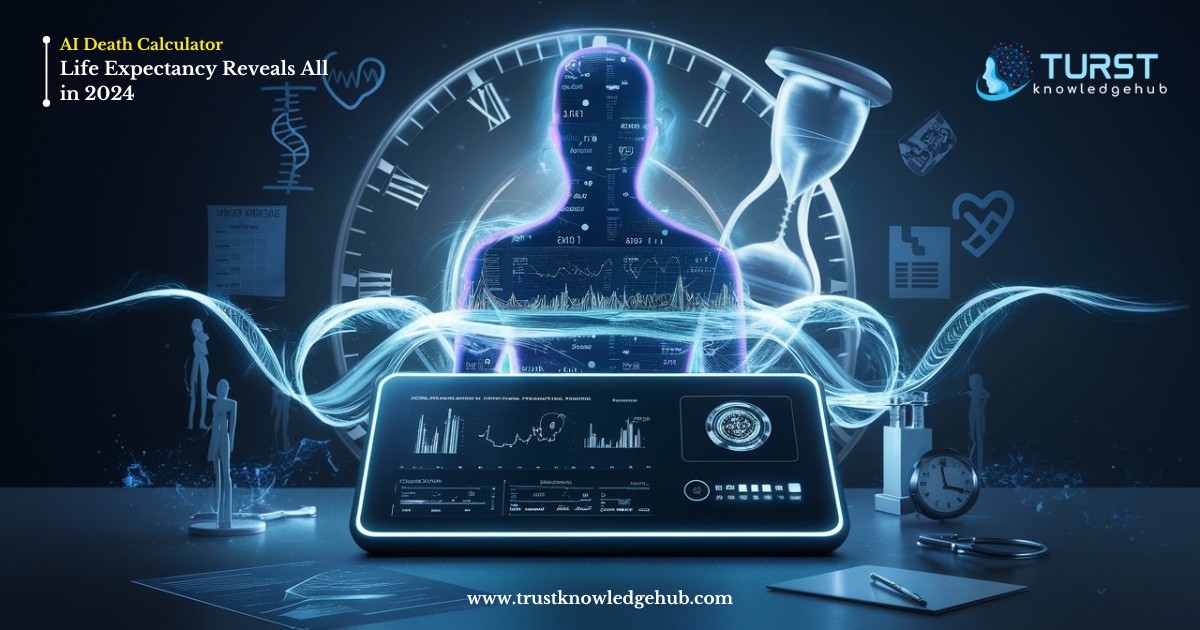The convergence of blockchain technology and artificial intelligence (AI) has the potential to revolutionize various industries and drive innovation in ways we have never seen before. Blockchain, with its decentralized and immutable nature, can enhance the security, transparency, and trustworthiness of AI systems. On the other hand, AI can leverage blockchain’s distributed ledger technology to process and analyze vast amounts of data more efficiently. In this article, we will explore the synergies between blockchain and AI and delve into the applications that arise from this powerful combination.
Understanding Blockchain and AI
Before we dive into the synergies and applications, let’s briefly understand what blockchain and AI are.
Blockchain
Blockchain is a decentralized and distributed ledger technology that records transactions across multiple computers in a transparent and immutable manner. It provides a secure and tamper-proof way of storing and verifying data, eliminating the need for intermediaries. Each transaction, or block, is linked to the previous one, forming a chain of blocks. This technology has gained popularity primarily due to its application in cryptocurrencies like Bitcoin.
Artificial Intelligence
Artificial intelligence refers to the development of computer systems that can perform tasks that typically require human intelligence. AI systems can learn from data, recognize patterns, make decisions, and solve complex problems. Machine learning, deep learning, and natural language processing are some of the key branches of AI. AI has found applications in various fields, including healthcare, finance, transportation, and more.
Synergies between Blockchain and AI
The marriage of blockchain and AI brings forth several synergies that can enhance the capabilities of both technologies. Let’s explore some of these synergies:
1. Data Security and Privacy
Blockchain’s decentralized and immutable nature provides a robust solution for data security and privacy. AI systems rely on vast amounts of data to learn and make accurate predictions. By storing data on a blockchain, individuals can have more control over their personal information, and data breaches can be minimized. Blockchain can also ensure the integrity and authenticity of the data used by AI systems, making it more trustworthy.
2. Data Sharing and Collaboration
data sharing and collaboration among multiple parties. AI systems often require access to diverse datasets to improve their performance. With blockchain, data owners can maintain control over their data while granting permissioned access to AI developers or researchers. This decentralized approach encourages data sharing and can lead to the development of more accurate and robust AI models.
3. Auditing and Accountability
Blockchain’s transparency and immutability make it an ideal tool for auditing and ensuring accountability in AI systems. AI algorithms can sometimes produce biased or unfair outcomes, leading to ethical concerns. By recording AI decisions and actions on a blockchain, it becomes possible to trace back and audit the decision-making process. This promotes transparency, accountability, and fairness in AI applications.
4. Decentralized AI Models
Traditionally, AI models are centralized and hosted on servers controlled by a single entity. This centralized approach raises concerns about data privacy and security. By leveraging blockchain, AI models can be decentralized and distributed across multiple nodes. This not only enhances data privacy but also improves the robustness and availability of AI systems. Decentralized AI models can also incentivize individuals to contribute their computing resources, creating a more collaborative and inclusive AI ecosystem.
5. Smart Contracts for AI Transactions
Smart contracts, which are self-executing contracts with predefined rules encoded on a blockchain, can facilitate AI transactions. However, Smart contracts can automate the process of buying and selling AI services, ensuring transparency, and eliminating the need for intermediaries. For example, an AI developer can create a smart contract that allows users to access their AI model for a fee. The smart contract automatically executes the transaction once the conditions are met, providing a seamless and secure way to exchange AI services.
Applications of Blockchain and AI
The marriage of blockchain and AI opens up a wide range of applications across various industries. Let’s explore some of these applications:
1. Healthcare
Blockchain and Artificial Intelligence can revolutionize the healthcare industry by enabling secure and interoperable health records, improving diagnosis accuracy, and facilitating drug discovery. Blockchain can ensure the privacy and integrity of patient data, while AI can analyze this data to identify patterns and make accurate predictions for personalized medicine.
2. Supply Chain Management
Blockchain combined with AI can enhance supply chain management by providing end-to-end transparency, traceability, and efficiency. AI algorithms can analyze data from various sources, including IoT devices and sensors, to optimize supply chain processes. Blockchain ensures that the data is trustworthy and tamper-proof, enabling stakeholders to track and verify the movement of goods in real-time.
3. Financial Services
Blockchain and AI can transform the financial services industry by enabling faster and more secure transactions, reducing fraud, and improving risk assessment. AI algorithms can analyze vast amountsof financial data to detect patterns and anomalies, while blockchain ensures the integrity and transparency of these transactions. Smart contracts can automate various financial processes, such as loan approvals and insurance claims, reducing the need for manual intervention.
4. Energy Management
Blockchain and AI can play a significant role in optimizing energy management and promoting renewable energy sources. Artificial Intelligence algorithms can analyze energy consumption patterns and optimize energy distribution, while blockchain can enable peer-to-peer energy trading and ensure transparency in energy transactions. This combination can lead to more efficient energy usage and a decentralized energy grid.
5. Autonomous Vehicles
The marriage of blockchain and Artificial Intelligence can accelerate the development and adoption of autonomous vehicles. Blockchain can provide a secure and tamper-proof way to store and share vehicle data, such as sensor readings and driving behavior. AI algorithms can process this data to make real-time decisions and improve the safety and efficiency of autonomous vehicles. Additionally, blockchain can enable peer-to-peer vehicle sharing and automated payments, making transportation more accessible and cost-effective.
FAQ: Blockchain and AI
Q1: How does blockchain enhance the security of AI systems?
Blockchain enhances the security of AI systems by providing a decentralized and immutable ledger to store and verify data. This eliminates the risk of a single point of failure and makes it difficult for malicious actors to tamper with the data used by AI algorithms.
Q2: Can blockchain ensure the privacy of sensitive data used by AI?
Yes, blockchain can ensure the privacy of sensitive data used by Artificial Intelligence systems. By storing data on a blockchain, individuals have more control over their personal information and can grant permissioned access to AI developers or researchers. Additionally, blockchain’s encryption techniques can further enhance data privacy.
Q3: How can blockchain promote transparency and accountability in AI systems?
Blockchain promotes transparency and accountability in AI systems by recording Artificial Intelligence decisions and actions on a decentralized and transparent ledger. This allows for the auditing of the decision-making process, making it possible to trace back and verify the outcomes produced by AI algorithms.
Q4: What are the benefits of decentralized AI models?
Decentralized AI models offer several benefits, including enhanced data privacy, improved robustness, and availability. By distributing AI models across multiple nodes, the risk of a single point of failure is reduced, and data privacy is enhanced. Decentralized AI models also encourage collaboration and incentivize individuals to contribute their computing resources.
Q5: How can smart contracts facilitate AI transactions?
Smart contracts can facilitate AI transactions by automating the process of buying and selling AI services. AI developers can create smart contracts that define the terms and conditions of accessing their AI models, and the smart contract automatically executes the transaction once the conditions are met. This eliminates the need for intermediaries and ensures transparency and security in AI transactions.
Conclusion: Blockchain and AI
The marriage of blockchain and artificial intelligence holds immense potential to transform various industries and drive innovation. The synergies between these technologies, such as enhanced data security, decentralized AI models, and smart contracts, open up new possibilities for applications in healthcare, supply chain management, finance, energy management, and autonomous vehicles. As these technologies continue to evolve, we can expect to see further advancements and breakthroughs that will shape the future of our digital world.
Blockchain & Open AI Official site
However, Stay tuned for more exciting updates on the future of Artificial Intelligence!




